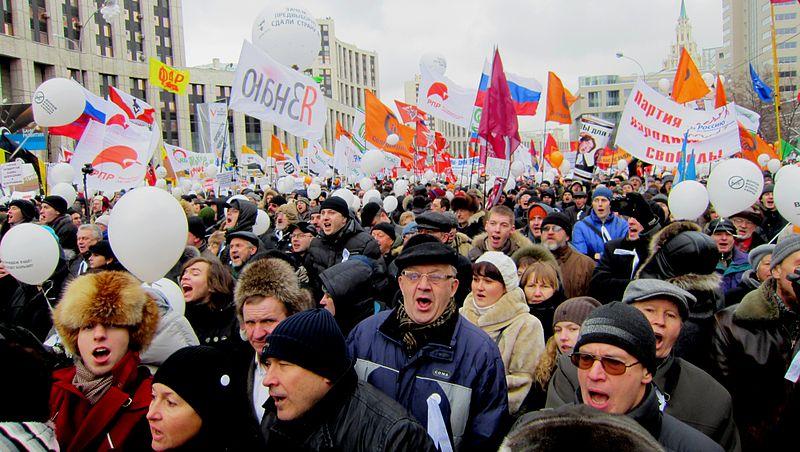The Triviality of Domestic Violence in Russian Society
On February 7th, Russian President Vladimir Putin signed a law that decriminalized some forms of domestic violence. The “slapping law” sanctions a first offense of domestic violence that does not critically injure the victim. If the aggression results in bruises or bleeding but the injuries are not severe enough to the extent of hospitalization, the crime will be waived and the offender will be required to pay a fine of around 30,000 rubles (507 in dollars), be arrested for up to 15 days, or complete compulsory community service up to 120 hours.
According to Shaun Walker, the Moscow correspondent for The Guardian, the endorsement of the law “has elicited anger from critics who say that it sends the wrong message in a country where, according to some estimates, one woman dies every 40 minutes from domestic abuse.” The estimates come from Russia’s state-run news agency, RIA Novosti. The agency has reported that 40% of grave crimes in Russia happen in family environments. 36,000 women are beaten by their husbands every day and 12,000 women die yearly as a consequence of domestic violence. That means that one woman in Russia dies every 44 minutes due to domestic brutality.
The act enraged many Russian human rights activists, and many of them, due to the dangers of initiating large protests, went out for lone and silent protests on the streets. Alena Popova, a gender equality activist in Russia, has commented that “it would be fine to pass the amendments if a draft law specifically aimed at tackling domestic violence was passed at the same time. But that law, which provides for restraining orders and other safeguards in domestic abuse cases, is stalled in parliament and is not expected to be passed. Passing these amendments and not passing the other law is another sign that our society refuses to take this problem seriously.”
Some arguments in favor of the law support Alena’s point on the unimportance of the issue of domestic violence to some in Russian society. Vitaly Milonov, the Russian MP who is best known for his declared bigotry and homophobia, said the following to CNN in an interview: “I don’t think that we should violate the rights of family and sometimes a man and a woman, wife and husband, have a conflict. Sometimes in this conflict they use, I don’t know, a frying pan, uncooked spaghetti, and so on. Frankly speaking what we call home violence is not home violence—it’s sort of a new picture of family relations created by liberal media.”
Furthermore, the Russian Orthodox church has sided with and contributed to the signing of the law due to its insistence on the traditional family. The traditional rules of Russian family life dictate strict norms for behavior and demand complete submission to the head of the family (which is often the husband and father). Head of the Russian Orthodox Patriarchy’s commission on family matters, Priest Dmitry Smirnov, stated that the concept of the state being able to “poke its nose” into family businesses was a western imposition on Russia.
Maria Alyokhina, one of the leaders of the Russian band and protest group Pussy Riot, argued that “The legal amendments were a red herring, and it was Russian society and attitudes as a whole that needed to change to help alleviate the domestic abuse situation.” In an interview with The Guardian, she asserted, regarding the amendment, that “something that’s different about this is that the law is to protect yourself, but it starts making other people go against you and tell you that all of their problems are because they’re acting this way.”

As this year becomes the end of her 3-year adventure at The Talon (and, less importantly, at Graded), Helen has set a few goals for this journalistic institution,...








